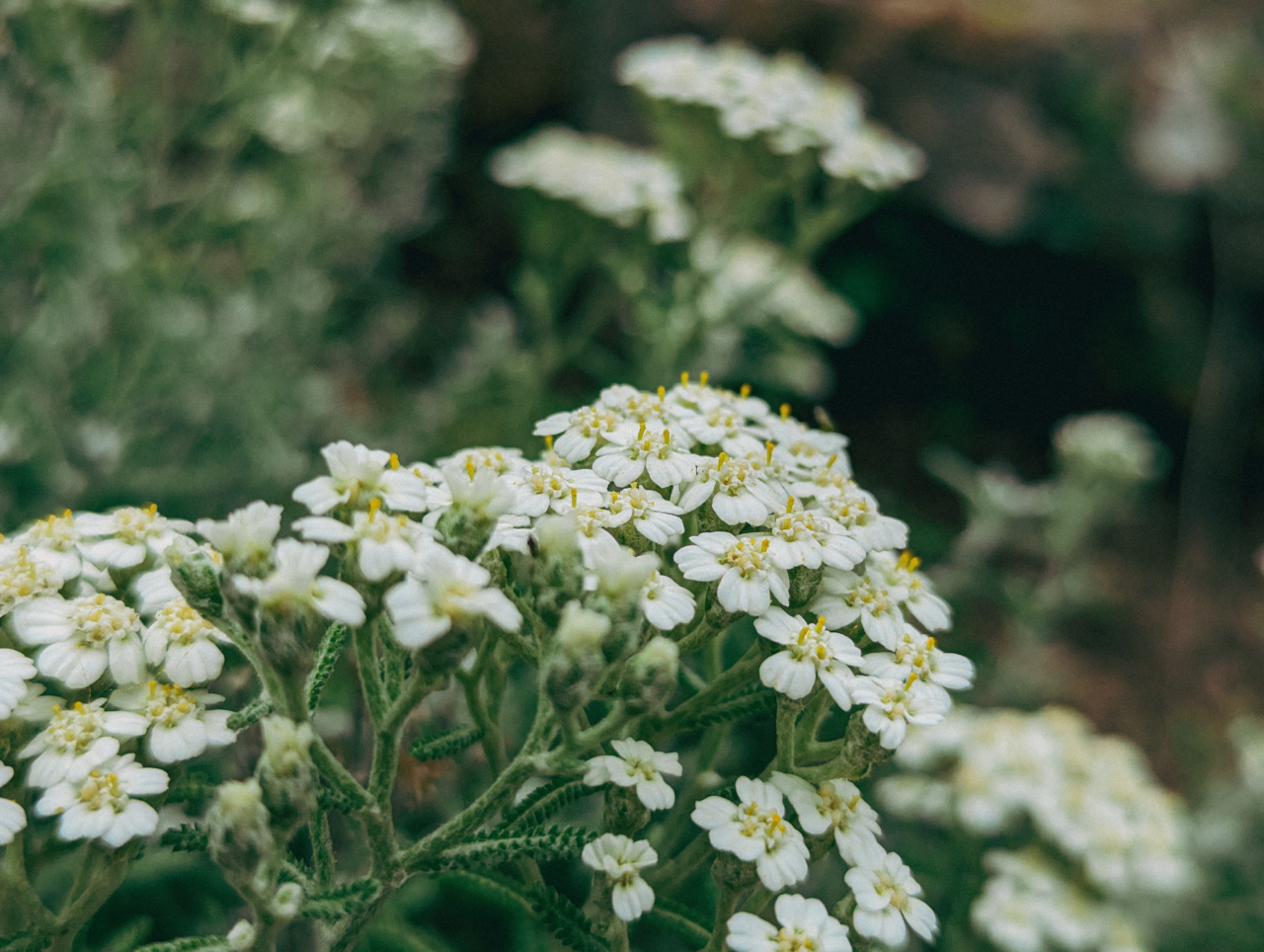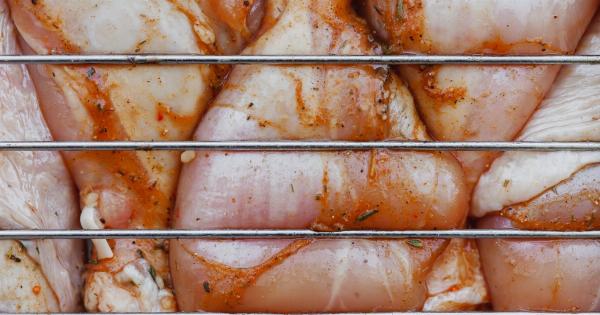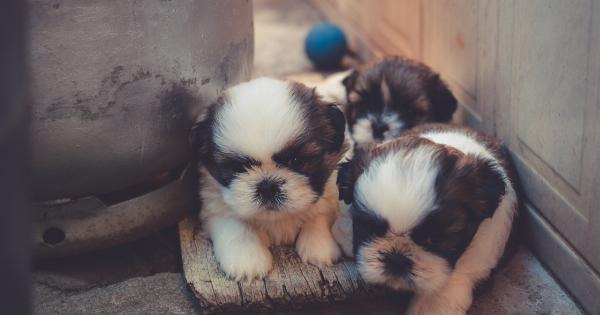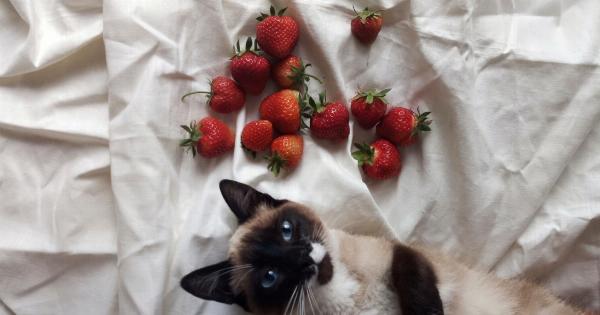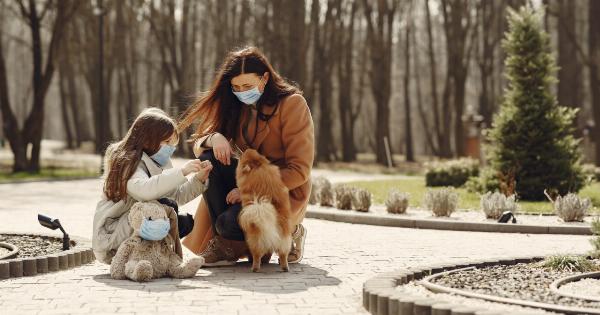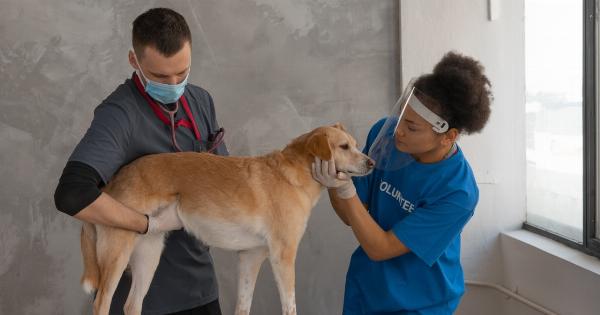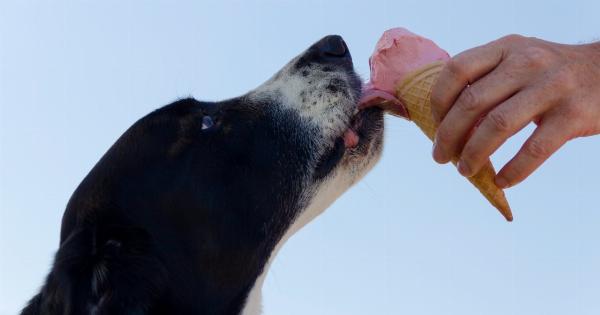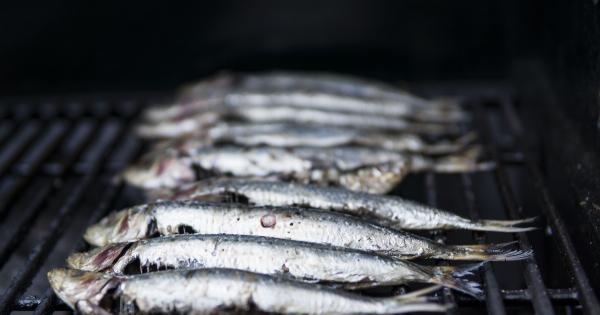As pet owners, we always strive to provide the best nutrition for our furry friends. We carefully read labels, choose reputable brands, and avoid potentially harmful ingredients. However, a new concern has emerged in recent years – mutant foods.
These genetically modified organisms (GMOs) have sparked fears about their potential impact on both human and animal health. In this article, we will explore whether mutant foods are poisoning your pets and what you can do to protect their well-being.
Understanding Mutant Foods and GMOs
Mutant foods, also known as genetically modified foods, are products that have been altered through genetic engineering techniques.
These modifications involve the manipulation of an organism’s DNA to introduce desirable traits or achieve specific results. In the case of crops, this can involve enhancing resistance to pests, improving shelf life, or increasing crop yield.
GMOs are created by taking genes from one species and inserting them into the DNA of another species. This cross-species genetic manipulation allows scientists to create plants or animals with traits that do not occur naturally.
For example, some GMO crops are engineered to produce their own pesticides, while others are modified to withstand heavy pesticide use.
The Potential Risks of Mutant Foods
While mutant foods have been deemed safe for human consumption by regulatory authorities in many countries, concerns remain about their long-term effects on both humans and animals.
Some studies suggest that GMOs may have adverse effects on health, including allergic reactions, organ damage, and impaired immune function.
When it comes to pets, the potential risks of mutant foods are even more uncertain. Dogs and cats have different dietary requirements compared to humans, and their digestive systems may not handle GMOs as well.
Additionally, pets often consume the same food over an extended period, which could increase their exposure to any potential risks associated with mutant foods.
Evidence of Harm to Pets
At present, there is limited scientific research specifically investigating the effects of mutant foods on pets. However, some pet owners have reported adverse reactions in their animals after switching to GMO-containing diets.
These reactions can range from digestive upset and skin issues to more severe health problems.
A small study conducted on rats found that a diet containing GMOs led to significant organ damage, including changes in the liver, kidney, and gut.
Although rats are not the same as cats or dogs, these results raise concerns about the potential impact of mutant foods on the health of companion animals.
Labeling and Transparency
One of the main challenges for pet owners is the lack of transparency regarding mutant foods in the pet food industry. Unlike human food products, pet foods are not required to disclose whether they contain GMO ingredients.
This lack of labeling makes it difficult for pet owners to make informed choices and avoid mutant foods if they wish.
However, several organizations and companies have voluntarily opted for GMO-free certifications and labeling. These certifications provide a way for concerned pet owners to identify and choose products without GMO ingredients.
Seeking out these certified products can be an effective strategy to minimize the potential risks associated with mutant foods.
How to Protect Your Pets
If you are concerned about mutant foods potentially poisoning your pets, there are several steps you can take to safeguard their well-being:.
1. Choose Organic or GMO-Free
Look for pet foods that are certified organic or labeled as GMO-free. These products are less likely to contain mutant ingredients.
Keep in mind that organic options can be more expensive, but they may provide peace of mind regarding your pet’s health.
2. Read Ingredients Labels
Even if a pet food doesn’t have a GMO-free label, carefully read the ingredients list. Look for common GMO crops, such as soy, corn, canola, and sugar beet, as they are more likely to be genetically modified.
Consider selecting products that do not include these potential mutant ingredients.
3. Opt for Whole Foods
Feeding your pet a diet primarily consisting of whole, unprocessed foods can help reduce their exposure to potentially harmful mutant ingredients. Cooked meats, vegetables, and grains can be a healthy alternative to commercially processed pet foods.
Consult with a veterinarian to ensure a nutritionally balanced diet for your furry friend.
4. Ask Manufacturers for Transparency
Contact pet food manufacturers and ask them about their stance on mutant foods. Inquire whether they conduct GMO testing, use GMO-free ingredients, or support GMO labelling.
Manufacturers that prioritize transparency and the well-being of pets are more likely to be using safer ingredients.
5. Monitor Your Pet’s Health
Keep a close eye on your pet’s overall health and well-being. If you notice any adverse reactions or unusual symptoms after introducing a new diet, consult with a veterinarian to determine the underlying cause.
Documenting any changes in behavior, digestion, or appearance can be helpful in identifying potential issues related to mutant foods.
Conclusion
As the debate about the safety of mutant foods continues, it is essential to stay informed and take steps to protect our beloved pets.
While the evidence regarding the harmful effects of GMOs on pets is limited, the potential risks cannot be completely dismissed. By choosing organic or GMO-free options, reading ingredient labels, opting for whole foods, seeking manufacturer transparency, and monitoring your pet’s health, you can minimize their exposure to potentially harmful mutant ingredients.
Remember, your pet’s well-being is always a top priority.
